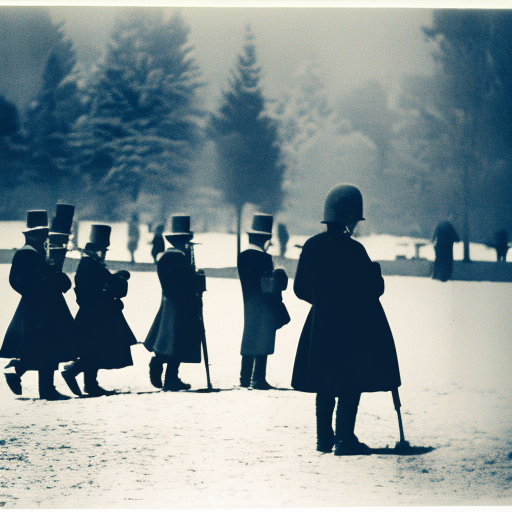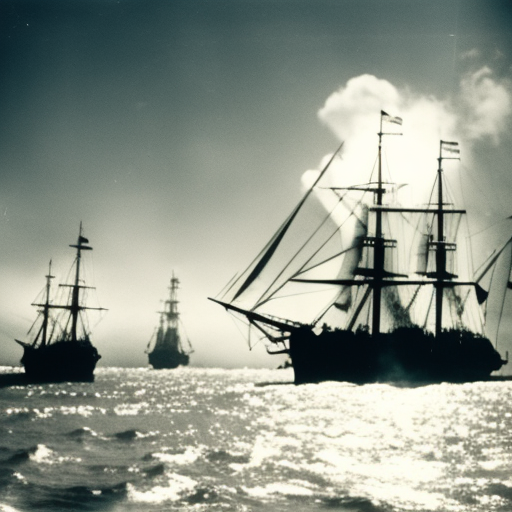Franco-Prussian War: A Conflict That Redefined Europe
The Franco-Prussian War, which took place from 1870 to 1871, was a significant conflict that reshaped the political landscape of Europe. It pitted the French Empire, led by Emperor Napoleon III, against the Kingdom of Prussia, under the leadership of Chancellor Otto von Bismarck. The war resulted in the defeat of France and the establishment of a unified German Empire, marking a turning point in European history.
Causes of the War
The origins of the Franco-Prussian War can be traced back to the complex web of alliances and power struggles that characterized 19th-century Europe. Bismarck, a master strategist, sought to unify the German states under Prussian leadership. To achieve this, he needed a catalyst, and the opportunity came in the form of the Spanish throne crisis. When a German prince was offered the vacant Spanish throne, France protested, fearing encirclement by a powerful German state. Bismarck skillfully manipulated the situation, escalating tensions between France and Prussia.
Outbreak of War
In July 1870, France declared war on Prussia, hoping to assert its dominance and prevent German unification. However, the French were ill-prepared for the conflict. The Prussian army, equipped with superior weaponry and led by skilled generals, quickly gained the upper hand. The French suffered a series of defeats, and Napoleon III was captured at the Battle of Sedan in September 1870.
The Siege of Paris
Following Napoleon III’s capture, the French government collapsed, and the Third French Republic was proclaimed. The Prussian army then laid siege to Paris, which lasted for four months. The city endured food shortages and bombardment, but the French resistance remained strong. However, in January 1871, the city finally surrendered, marking a decisive victory for Prussia.
The Treaty of Frankfurt
With the fall of Paris, negotiations for peace began. The Treaty of Frankfurt, signed in May 1871, ended the war and imposed harsh terms on France. France was forced to cede the provinces of Alsace and Lorraine to Germany, pay a large indemnity, and accept German occupation until the debt was repaid. The treaty humiliated France and fueled resentment that would contribute to future conflicts.
Consequences of the War
The Franco-Prussian War had far-reaching consequences for Europe. It led to the unification of Germany under the leadership of Prussia, with King Wilhelm I of Prussia becoming the first German Emperor. The war also marked the end of the Second French Empire and the establishment of the Third French Republic. France’s defeat and the loss of Alsace and Lorraine fueled a desire for revenge, which would shape French foreign policy for decades to come.
Impact on European Balance of Power
The war significantly altered the balance of power in Europe. The newly unified Germany emerged as a major European power, challenging the dominance of traditional powers such as France and Austria. The war also weakened the influence of Napoleon III’s France and paved the way for the rise of other European powers, such as Italy and Russia.
Legacy
The legacy of the Franco-Prussian War was profound. It set the stage for future conflicts, including World War I, as unresolved tensions and rivalries persisted. The war also demonstrated the effectiveness of modern warfare techniques, such as the use of railroads and advanced artillery, which would shape military strategies in the years to come.
In conclusion, the Franco-Prussian War was a pivotal event in European history. It resulted in the unification of Germany, the downfall of the French Empire, and a shift in the balance of power in Europe. The war’s consequences and unresolved tensions would have a lasting impact, ultimately leading to further conflicts in the 20th century.












